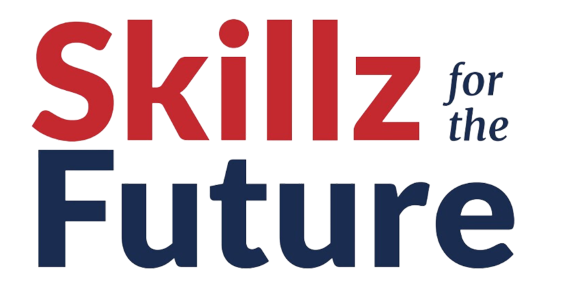The field of human resources is deeply rooted in values centred around people, crucial for driving organisational success. HR professionals in leadership positions must possess high emotional intelligence to discern and address the needs of individuals within the organisation effectively.
An organisation led by emotionally intelligent HR leaders operates like a finely tuned machine—dynamic, collaborative, and efficient. Let’s explore the significance of empathy and emotional self regulation, and how HR practitioners can cultivate and apply these vital skills in leadership roles.
The Essential Components of Emotional Intelligence
Emotional intelligence comprises four main components: self awareness, self-management, social awareness, and relationship management. Proficiency in these components is indispensable for effective leadership, from spearheading organisational change to recognising and nurturing talent.
Self-awareness involves having a deep understanding of one’s strengths, weaknesses, boundaries, and emotional responses to various situations and challenges.
Self-management entails maintaining healthy control over one’s emotions, behaviours, and actions in order to guide and inspire others.
Social awareness encompasses empathy—being able to understand and share in the feelings of others—to address their needs and concerns.
Relationship management refers to the ability to cultivate cohesive working relationships, resolve conflicts, and communicate effectively.
Research by the Niagara Institute reveals that only 22% of 155,000 leaders possess emotional intelligence—a concerning statistic given the projected 26% increase in demand for these skills by 2030.
The Importance of Emotional Intelligence for HR Leaders
Emotionally intelligent HR professionals comprehend their role in fostering a corporate culture grounded in trust and open communication. Modern employees prioritise having their voices heard and their contributions recognised and valued, which significantly enhances job satisfaction and retention.
HR leaders with emotional intelligence are better equipped to facilitate inclusive and innovative teams. They serve as role models by demonstrating emotional self-regulation, thereby mitigating conflicts and maintaining a positive work environment.
Moreover, emotionally intelligent HR practitioners excel in transparency, relationship-building, and empowering employees to enhance productivity and engagement. Social awareness also plays
a pivotal role in promoting diversity, equity, and inclusion, which are essential for fostering creativity and collaboration in the workplace.
Particularly, female employees often juggle caregiving responsibilities outside of work. Empathetic HR leaders strive to understand and accommodate their need for flexibility, thereby fostering a respectful and supportive work environment, especially in remote settings.
Amidst the evolving professional landscape due to the COVID-19 pandemic, emotionally intelligent HR specialists have effectively navigated organisational changes to ensure sustained performance and productivity across distributed teams.
Utilising Emotional Intelligence in HR Leadership
Not everyone possesses emotional intelligence innately, but HR leaders can cultivate and deploy these skills throughout the organisation. Here are several strategies HR professionals can employ:
• Implement initiatives and policies to address burnout and stress while promoting work-life balance.
• Offer physical wellness and mental health programs, such as nutritional counselling, mindfulness training, and therapeutic services.
• Effectively communicate change management initiatives, ensuring clarity and alignment with organisational goals.
• Seek feedback from employees to improve management and change processes.
• Practice active listening, allowing employees ample opportunity to express themselves.
• Support individual employees in their professional growth and development within the organisation.
• Celebrate employee achievements and milestones to foster a positive work culture.
Emotional intelligence enables HR leaders to adopt a compassionate approach to addressing workplace challenges and prioritising the well-being of their teams. By implementing supportive policies and fostering a positive work environment, HR professionals can attract diverse talent and cultivate a workplace where employees feel valued and motivated.
Developing Emotional Intelligence in the Workplace
While some individuals may naturally possess empathy, others may need to work on developing it. However, gaining a working understanding of emotional intelligence to drive organisational success is attainable. Here are some strategies:
• Understand your own emotions by journaling and reflecting on triggers and reactions.
• Take personality assessments to gain insight into strengths, tendencies, and triggers.
• Practice mindfulness techniques to build empathy and self awareness.
• Seek out resources such as books, articles, and training workshops to enhance emotional intelligence skills.
• Practice recognising emotions in yourself and others to deepen awareness and understanding.
Though mastering emotional intelligence may require effort, HR leaders who prioritise its development reap the benefits of a happier, more productive workplace. Demonstrating empathy and support for employees’ well-being should be central to effective leadership, fostering a culture of positivity, creativity, and motivation.
